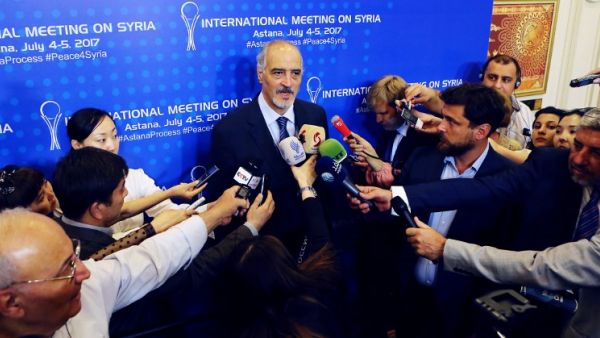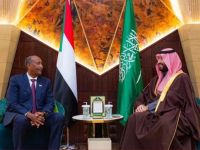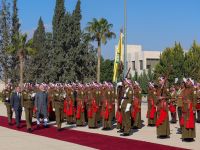Russia, Turkey and Iran have failed to reach a deal on setting up four de-escalation zones in Syria during talks in Kazakhstan.
The failure is a set back for Moscow, the main architect of the plan as it seeks to take the lead in efforts to end the Syrian civil war.
The Syrian government’s chief negotiator Bashar Ja’afari blamed Turkey for the lack of progress.
“Contrary to the positive start point taken by all the parties except by the Turkish delegation. There has been an indication that the Turkish policy towards Astana process has been a negative policy.”
“The Turkish delegation objected to the adoption of any documents related to the implementation of mechanisms of the agreement on the de-escalation zones,” he added.
Meanwhile on the ground in Syria the battle to recapture the city of Raqqa from self-styled Islamic State is continuing.
Fighting has been brutal for civilians, the UN says at least 173 were killed in June.
About 2,500 militants are still said to be in Raqqa which was declared by Islamic State to be their capital in 2014.
Video taken by Syrian forces is said to show locals trying to escape the fighting. At least 100,000 are said to be still trapped in the city.








